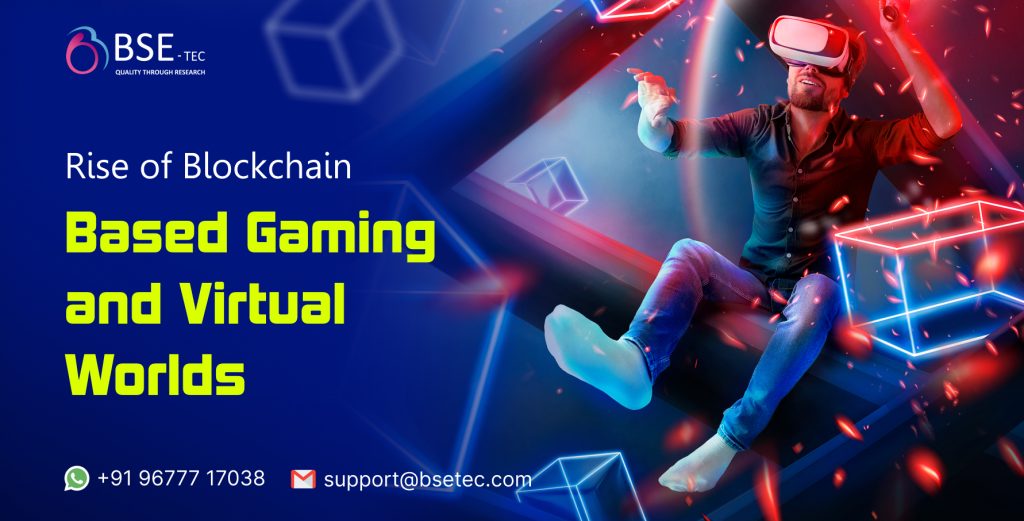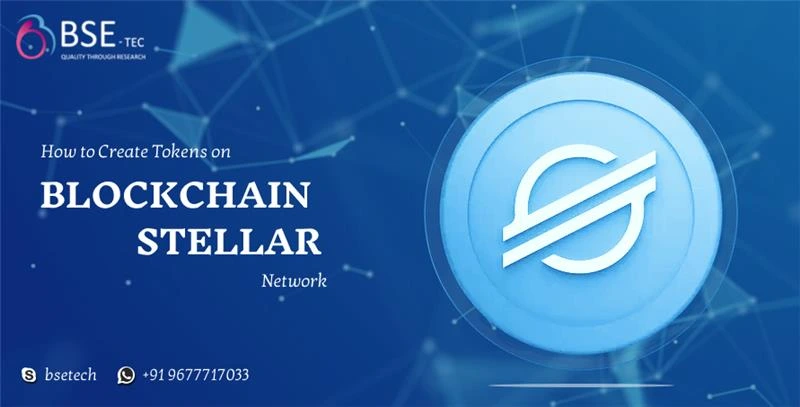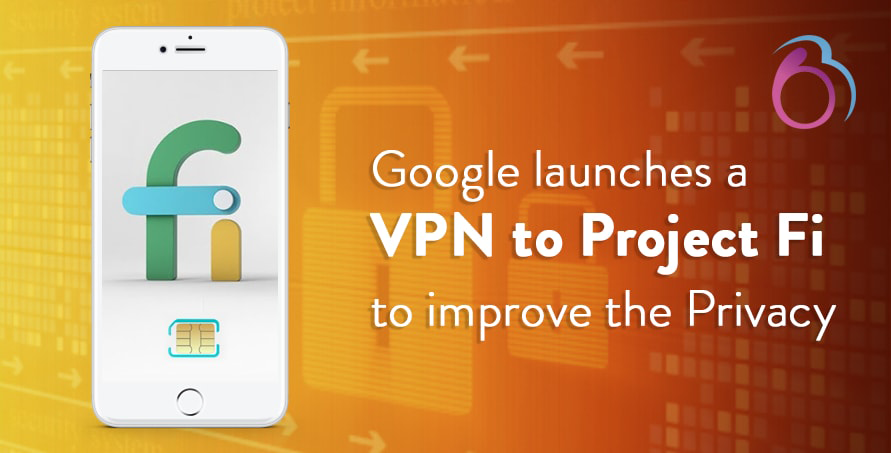
The blockchain gaming industry has undergone a monumental transformation in recent years, and at the heart of this change is blockchain technology. What was once a niche concept is now rapidly reshaping the way we play, interact, and monetize within virtual spaces. Blockchain-based gaming and virtual worlds are quickly becoming the future of the digital economy, offering unprecedented opportunities for creators and players alike.We’ll explore the growing impact of blockchain gaming, the role of decentralized technologies in virtual worlds, and how companies are driving innovation in this space.
What is Blockchain-Based Gaming?
Blockchain-based gaming is an emerging sector where blockchain technology, cryptocurrencies, and NFTs (Non-Fungible Tokens) are integrated into gaming ecosystems. Unlike traditional games, blockchain games give players true ownership of in-game assets such as skins, characters, and other items through NFTs. These assets are stored on the blockchain, making them transparent, secure, and transferable across different platforms.
In addition to asset ownership, blockchain gaming introduces Play-to-Earn (P2E) mechanics, where players can earn tokens or cryptocurrency by participating in the game. This shift from pay-to-play to play-to-earn has opened up new revenue streams for gamers and game developers.
How Blockchain is Transforming Virtual Worlds
Virtual worlds, often referred to as the Metaverse, are online environments where players can interact with each other and digital landscapes in real-time. Blockchain technology is rapidly becoming the backbone of these virtual worlds, providing transparency, security, and user-driven economies.
- Decentralization: Traditional virtual worlds are centralized, meaning the game’s owner controls all in-game assets and currencies. With blockchain, ownership is decentralized. Players control their assets, and there’s no single entity that can alter or seize those assets.
- Digital Ownership: Blockchain allows players to own and trade digital items such as real estate, rare collectibles, and in-game characters. This ownership opens up new opportunities for players to profit by selling or renting their assets on marketplaces.
- Interoperability: One of the biggest advantages of blockchain in virtual worlds is the ability to create interoperable assets. Players can take their in-game items across different platforms or even different games, adding immense value to digital items.
The Role of Blockchain in NFTs and Play-to-Earn Games
NFTs (Non-Fungible Tokens) have taken the world by storm, and their role in gaming is no different. NFTs are unique digital assets that can represent anything from in-game skins to virtual land. By using blockchain, NFTs ensure that players have verifiable ownership of these assets.
In the Play-to-Earn model, players are rewarded with these NFTs or cryptocurrencies by completing tasks, missions, or achievements within the game. These assets can then be sold or exchanged on various NFT marketplaces, creating a thriving virtual economy.
How Companies Like BSEtec Are Leading the Charge
BSEtec, a pioneering blockchain development company, is at the forefront of the blockchain gaming revolution. With a deep understanding of both the gaming industry and blockchain technology, BSEtec is helping game developers integrate decentralized features into their projects. Here’s how:
- Custom Blockchain Development: BSEtec builds custom blockchain solutions that are tailored to the unique needs of gaming companies. Whether it’s creating secure token economies or building NFT marketplaces, they have the expertise to implement blockchain in any gaming ecosystem.
- Smart Contract Development: Smart contracts are the backbone of decentralized applications (dApps) in the gaming industry. BSEtec develops robust smart contracts that automate transactions, ensuring fair play and transparency in virtual economies.
- Blockchain Integration for Virtual Worlds: BSEtec helps virtual world creators integrate blockchain into their games, providing seamless experiences where users can truly own their assets and participate in a decentralized economy.
- Play-to-Earn and Tokenomics: BSEtec’s team helps develop tokenomics models for Play-to-Earn games, ensuring that the in-game economy is balanced, sustainable, and rewarding for players.
The Future of Blockchain-Based Gaming and Virtual Worlds
The future of blockchain-based gaming is incredibly promising. As more developers, companies, and players embrace decentralized ecosystems, the gaming landscape will continue to evolve. Virtual worlds powered by blockchain will provide players with the ability to own digital assets, participate in decentralized governance, and generate income from their virtual activities.
In the coming years, we can expect more immersive gaming experiences, larger interconnected metaverses, and a greater focus on Web3 technologies. As blockchain technology continues to advance, so too will the possibilities for how we interact in virtual worlds.
Blockchain-based gaming and virtual worlds are transforming the digital landscape, offering new ways for gamers to engage, earn, and own digital assets. The integration of decentralized technologies has opened the door to an era of innovation and opportunity, and companies like BSEtec are helping shape the future of gaming.
As this industry continues to grow, we can only imagine the limitless potential for creators and players alike. Whether you’re a gamer or a developer, the rise of blockchain gaming offers exciting possibilities for the future.
Ready to explore the world of blockchain-based gaming and virtual economies? Get in touch with BSEtec to see how we can help bring your gaming ideas to life with cutting-edge blockchain technology!


